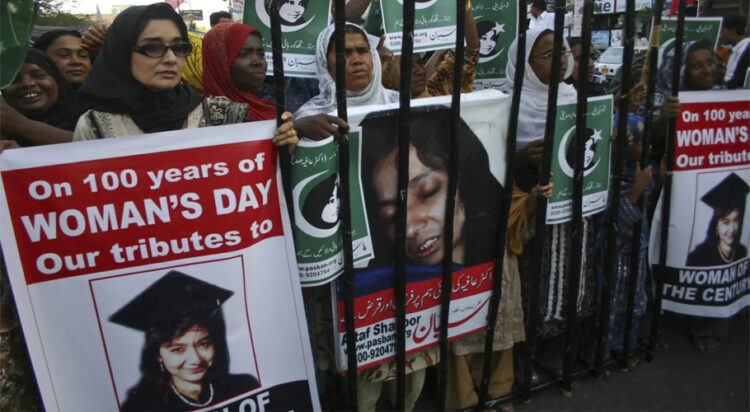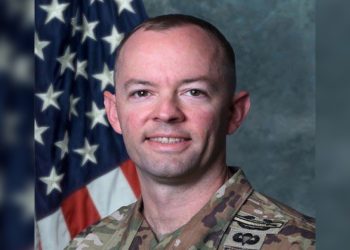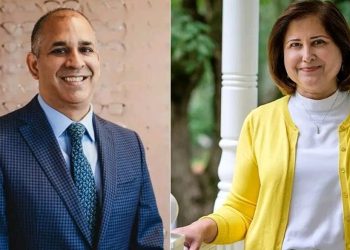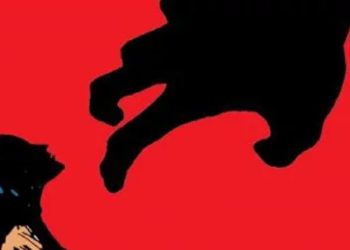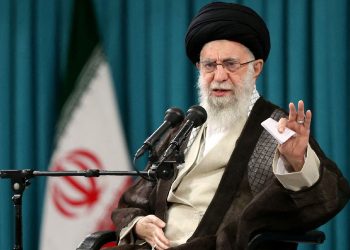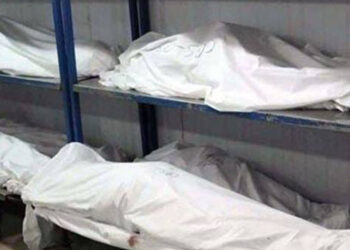A U.S. judge has granted Dr. Aafia Siddiqui’s legal team access to new and confidential evidence, which could support a clemency request in her case.
Judge Richard M. Berman’s order allows Siddiqui’s lawyers to review crucial discovery materials from 2009. However, due to the sensitive nature of this information—which could pose risks to public safety and national security—it is accessible only under strict conditions.
Clive Stafford Smith, one of Siddiqui’s attorneys, shared optimism about the findings, noting he had obtained “compelling new evidence” about the “Black Site” where she was allegedly held after her confinement in Bagram isolation cells.
Who is Aafia Siddiqui?
Dr. Aafia Siddiqui is a Pakistani neuroscientist who studied in the U.S. at Brandeis University and MIT. She came under scrutiny by U.S. law enforcement after the September 11 attacks. In a 2004 press conference, senior FBI and Justice Department officials labeled her an “al-Qaida operative and facilitator,” warning of intelligence about a potential al-Qaida attack.
In 2008, Siddiqui was detained in Afghanistan, where authorities reportedly found handwritten notes in her possession detailing possible locations in the U.S. for a “mass casualty attack” and discussing dirty bomb construction.
She was convicted in 2010 on charges including attempting to kill U.S. nationals overseas. During sentencing, she gave statements calling for world peace, forgiving the judge, and voicing frustration with her lawyers’ arguments that she was mentally ill and deserved leniency.







